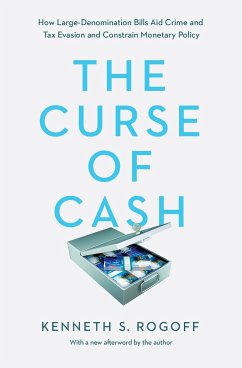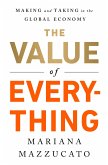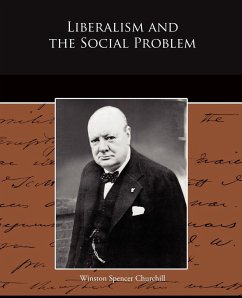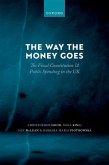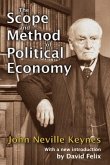The world is drowning in cash - and it's making us poorer and less safe. In The Curse of Cash, Kenneth Rogoff, one of the world's leading economists, makes a persuasive and fascinating case for an idea that until recently would have seemed outlandish: getting rid of most paper money. Even as people in advanced economies are using less paper money, there is more cash in circulation - a record $1.4 trillion in U.S. dollars alone, or $4,200 for every American, mostly in $100 bills. And the United States is hardly exceptional. So what is all that cash being used for? The answer is simple: a large part is feeding tax evasion, corruption, terrorism, the drug trade, human trafficking, and the rest of a massive global underground economy. The Curse of Cash offers a plan for phasing out most paper money - while leaving small-denomination bills and coins in circulation indefinitely - and addresses the issues the transition will pose, ranging from fears about privacy and price stability to the need to provide subsidized debit cards for the poor.
Hinweis: Dieser Artikel kann nur an eine deutsche Lieferadresse ausgeliefert werden.
Hinweis: Dieser Artikel kann nur an eine deutsche Lieferadresse ausgeliefert werden.
"The great accomplishment of his book is that his arguments are convincing. . . . It's clear and coherent, and even if you disagree with him in the end, chances are you'll think a little bit differently about something of which most of us give no thought whatsoever."--Bethany McLean, Washington Post

